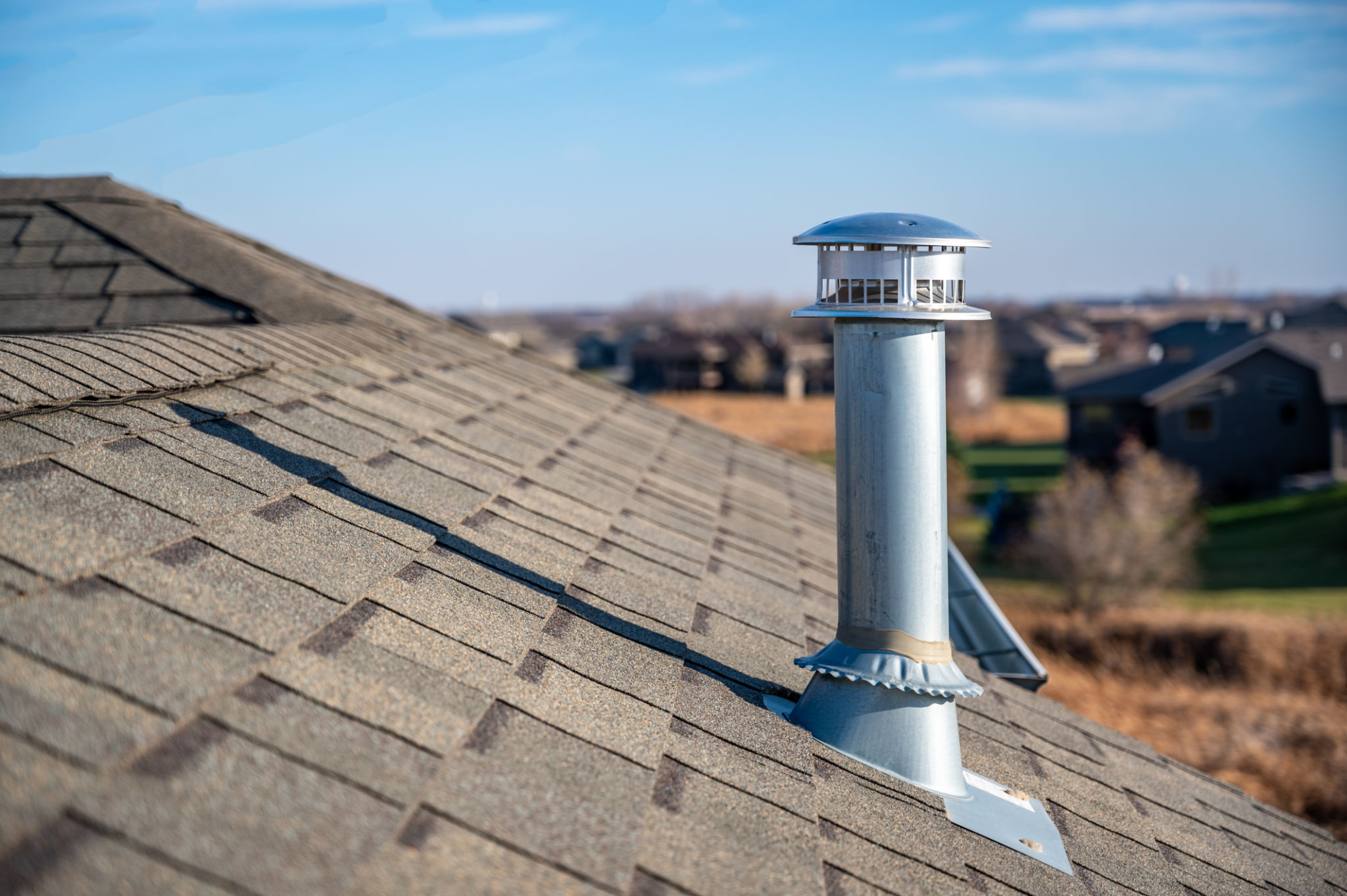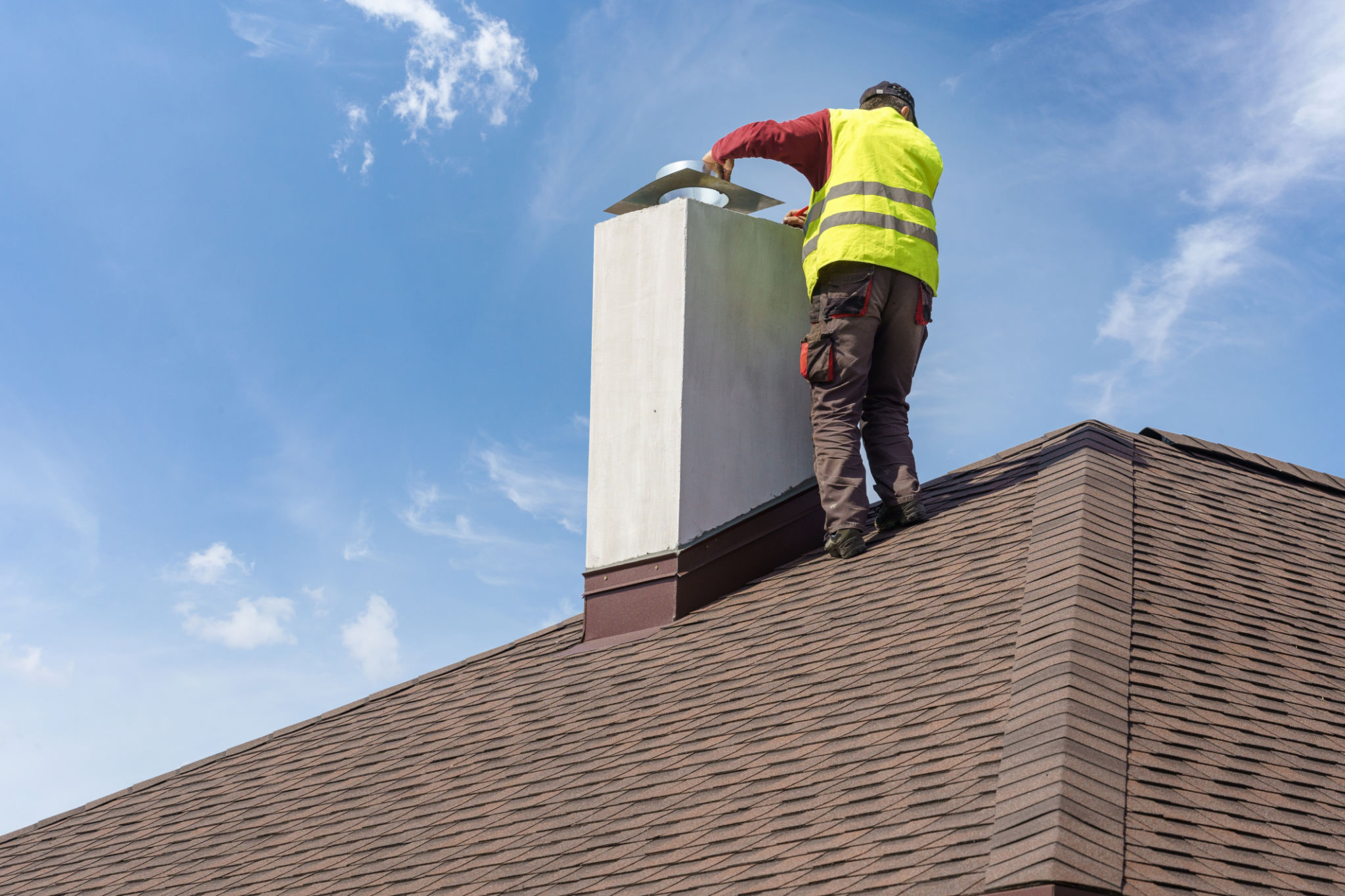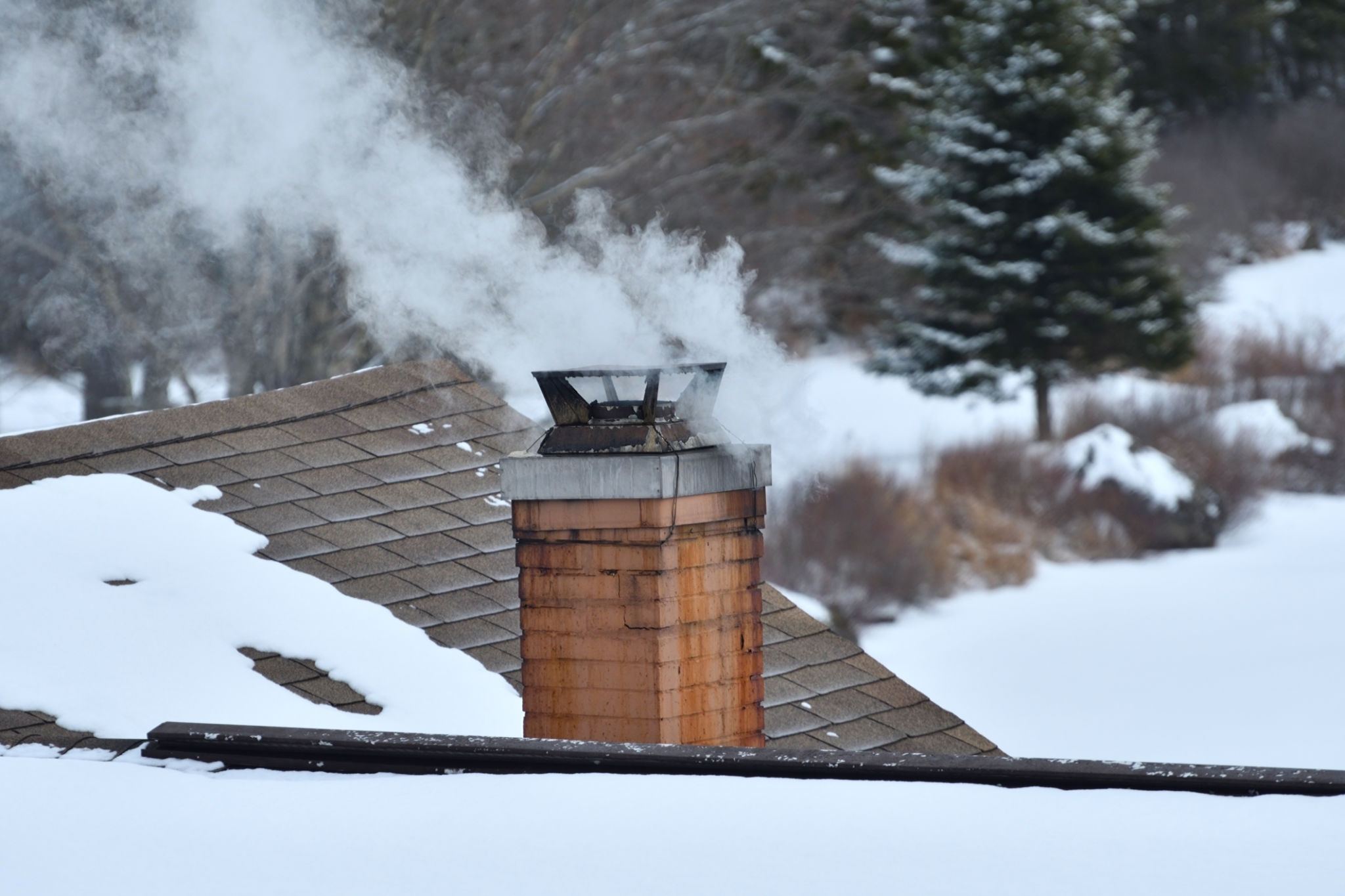Understanding the Impact of Maryland's Weather on Your Chimney
The Role of Maryland's Climate in Chimney Maintenance
Maryland's climate is characterized by its distinct seasons, each with unique weather patterns that can significantly impact home structures, particularly chimneys. Understanding how these weather changes affect your chimney can help in planning maintenance and preventing potential damage. Chimneys are constantly exposed to the elements, making them susceptible to a variety of weather-induced issues.
From the hot and humid summers to the cold and snowy winters, Maryland's weather can take a toll on chimneys. The freeze-thaw cycle, in particular, is a major concern for homeowners. Moisture can seep into the bricks and mortar during warmer periods and freeze during the colder months. This expansion and contraction can lead to cracks and structural damage.

Summer Heat and Humidity
During the summer months, high temperatures and humidity can cause chimney materials to deteriorate. The intense heat can lead to the weakening of the mortar joints, while humidity encourages the growth of mold and mildew inside the chimney. This not only affects the structural integrity but also poses health risks due to poor air quality.
To combat these issues, regular inspections are crucial. Homeowners should look for signs of wear such as crumbling mortar or visible mold growth. Implementing preventive measures like waterproofing treatments can also be beneficial. These treatments help to repel water and reduce the risk of moisture-related damage.

The Challenges of Winter Weather
The winter months in Maryland bring their own set of challenges for chimneys. Snow and ice accumulation can block the chimney flue, leading to poor ventilation and increased fire hazards. Additionally, the weight of snow and ice can exert pressure on the chimney structure, potentially causing physical damage.
To ensure your chimney is prepared for winter, it's recommended to have a professional inspection before the first snowfall. Clearing any blockages and reinforcing vulnerable areas can prevent costly repairs down the line. Investing in a chimney cap can also be a wise choice, as it prevents snow and debris from entering the flue.

Spring Rainfall and Its Effects
Springtime in Maryland is often associated with heavy rainfall, which can exacerbate existing issues in chimneys. Water penetration is a leading cause of chimney deterioration. When rainwater enters the chimney, it can cause rusting of metal components, weakening of bricks, and erosion of mortar joints.
To protect your chimney during the rainy season, consider installing a chimney liner. This additional layer acts as a barrier against moisture infiltration, preserving the internal structure. Regularly checking for leaks or water stains on interior walls adjacent to the chimney can also help identify potential problems early.
Preventive Measures for Chimney Care
Understanding the impact of Maryland's weather on your chimney is essential for maintaining its longevity and functionality. By implementing regular maintenance practices tailored to seasonal changes, homeowners can protect their chimneys from weather-related damage.
- Schedule annual professional inspections.
- Invest in waterproofing treatments.
- Install a chimney cap and liner.
- Regularly clean and clear debris from the flue.
By taking these proactive steps, you ensure that your chimney remains safe and efficient year-round, regardless of Maryland's ever-changing weather conditions.